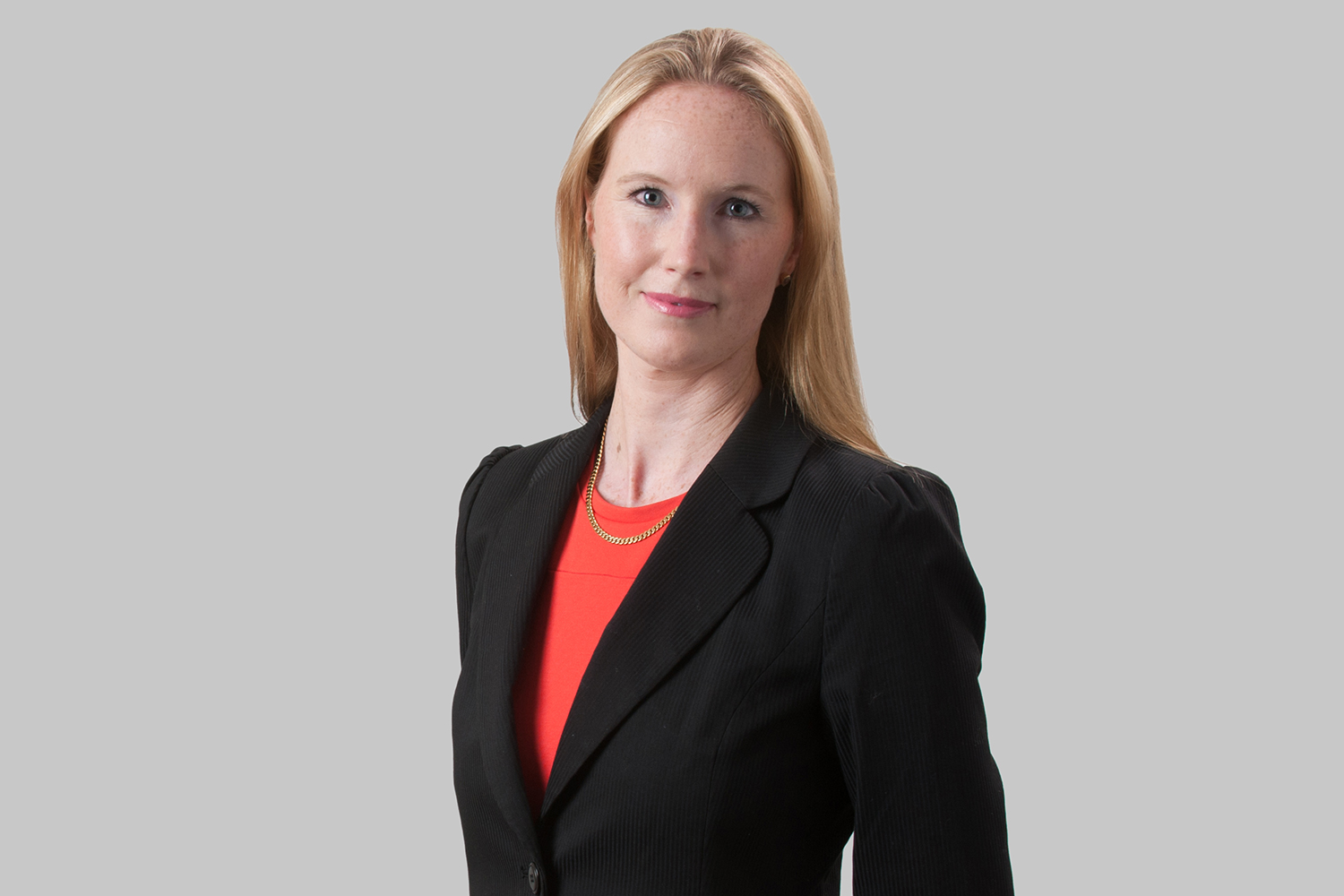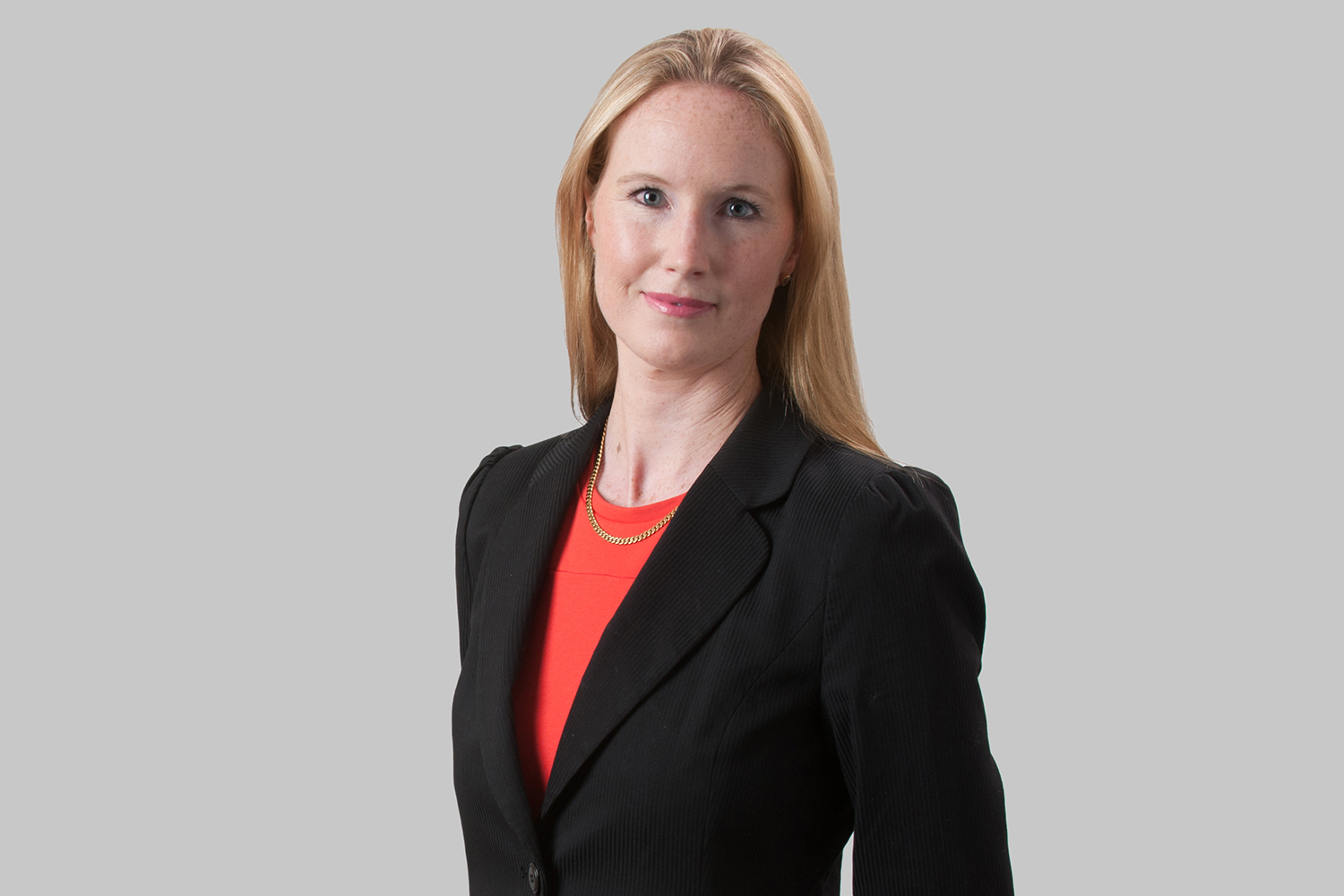
Kate Hodson 凯特·赫臣
Partner and Head of ESG (Legal) 合伙人 | Legal
Hong Kong

Kate Hodson 凯特·赫臣
Partner and Head of ESG (Legal) 合伙人
Hong Kong
The Cayman Islands government has announced that it is working on a legislative framework for the implementation of environmental, social and governance (ESG) criteria for Cayman’s financial services industry.
Although in the early stages, Lashonda Powell, policy advisor in the ministry of financial services, has indicated that the planned ESG policies will look to target greenwashing, with policy consultation to commence next year.
The Cayman Islands is well placed to make a contribution to anti-green washing protection in the investment funds industry due to its sizeable investment funds sector. Ogier is a supporter of this development and has previously made recommendations to the Cayman Islands Monetary Authority around enhanced investor protection in the context of "green washing" for Cayman Islands regulated investment funds (Cayman Funds).
One of the challenges of developing such a framework is to balance the high level of inconsistency in approaches taken amongst jurisdictions globally. Asset managers managing Cayman Funds may themselves be subject to sustainability related disclosure regimes in their home jurisdiction. Additionally, Cayman Funds marketed into the EU, will have certain obligations under SFDR. [1] Various countries have developed taxonomies to define what is green or environmentally sustainable and they are not all aligned as technical standards can reflect development and policy gaps between countries.
In November 2021, IOSCO released a report titled "Recommendations on Sustainability-Related Practices, Policies, Procedures and Disclosure in Asset Management" [2] (Report) which encourages jurisdictions to consider how the "common global baseline of standards might be adopted, applied, or otherwise utilised … in a way that promotes consistent and comparable sustainability disclosures across jurisdictions". [3]
There are numerous reports as to how greenwashing is rife in the financial sector, with an explosion of ESG products available in the market over the last few years. IOSCO notes that the sudden and rapid growth of sustainability-related products and the momentum behind these developments has given rise to asset managers "now capitalising on sustainability-related opportunities and developing new sustainability-related products targeting both retail and institutional investors at an unprecedented pace". [4] This has, in some cases, given rise to a temptation to take advantage of consumers’ favourable view of green products whereby sustainability characteristics become used as mere marketing tool, without any real or meaningful modification in investment processes.
IOSCO uses the following definition of greenwashing as follows: [It] "refers to the practice of misrepresenting sustainability-related practices or the sustainability-related features of investment products. [5]
There is potential for wide variation in the scope and severity of such activity including as a result of intentional and unintentional disclosures and/or omissions. Potential outcomes are that investors are misled into a) investing into an investment fund which they believe to be focused on sustainability, which isn’t or which falls far short of investor expectations which might reasonably arise as a result of the fund's marketing materials and fund documents, or b) understanding that the fund focuses broadly on all aspects of ESG, when the fund might only be focused on one element or that the fund has greater sustainability outcome potential than is actually the case. Investors might be induced to invest in and stay invested in funds which can in fact have harmful environmental or social impacts, as sustainability related performance is not properly disclosed or is indeed inflated. As a result of these types of misrepresentations investors may be subjected to risks that they would not have reasonably contemplated based on the sustainability claims of the fund's offering documents and marketing materials.
ISOCO's Report highlights some of the key areas at the fund level where greenwashing can occur:
Product Name
For example, including the words (or derivatives thereof): green, sustainable, ethical, responsible or impact, in the title of the fund's name. This can cause issues where there is a lack of alignment between the product’s name and its investment objectives and/or strategies.
Marketing of the Fund
For example, marketing that does not accurately reflect the product’s investment objectives and/or strategies including where the fund is marketed as a sustainability product when it is not or the extent and nature of product’s use of ESG strategies are different than advertised. Greenwashing need not arise as a result of explicit representations as to the fund being a sustainability product but can also occur when the marketing materials highlight sustainability related performance in a way that could lead an investor to believe that it is a sustainability related product even if this is not so stated.
Failure to adhere to sustainability-related investment objectives and/or strategies
Such a failure maybe intentional or unintentional and can be obvious or more subtle. A very clear example, is where a product claims to negatively screen out certain types of industries such as oil and gas but in fact holds securities in companies in either of these industries.
Misleading claims about the product’s sustainability-related performance and results and possible sustainability outcomes
Occurrence of this type of greenwashing was highlighted in a paper on "Impact Washing" [6] which revealed that, based on an analysis of the key information documents and marketing materials of 100 green thematic products in the EU, 85 percent of the products made impact claims in their marketing, and only 2 of those claims were deemed not to be misleading.
Lack of disclosure
The Report specifically highlights the various areas where a lack of disclosure can contribute to greenwashing. This includes a lack of disclosure about the data and methodologies used by the product, a failure to articulate certain claims or define certain expressions such as eg "Paris alignment" and a failure to disclose where the fund may invest in controversial sectors. A lack of appropriate levels of disclosure may lead to investors making investment decisions based on a lack of information about the sustainability-related aspects of the product that are material to the investor’s decision to invest.
A key theme over the last couple of years has been the development of anti-greenwashing regulation for the financial sector. Even those Cayman Funds which are not yet impacted by regulation would do well to assess their sustainability related representations and warranties due to the potential for claims of misrepresentation.
Ogier established its sustainable investing and impact funds practice in 2019 and is led by partner Kate Hodson. Kate is an experienced investment funds lawyer with a Masters in Energy and Environmental Law. Ogier can assist asset managers in defining their strategy, appropriately positioning the disclosures of their value proposition and strategy, as well as assisting on ESG policy development, training senior management teams and boards, investment integration and reporting. Further, with the support of Ogier's Luxembourg and Ireland Investment Funds teams, Ogier is able to give advice on related EU regulation such as compliance with SFDR.
You can learn more about Ogier's Sustainable Investing and Impact Funds practice on our Sustainable Investing and ESG sector page.
[1] Regulation (EU) 2019/2088 of the European Parliament and of the Council of 27 November 2019 on sustainability‐related disclosures in the financial services sector
[2] FR08/21 Recommendations on Sustainability-Related Practices, Policies, Procedures and Disclosure in Asset Management
[3] Page 7 of the Report
[4] Page 8 of the Report
[5] Page 11 of the Report
[6] Investing Initiative, Impact Washing Gets a Free Ride: An Analysis of the Draft EU Ecolabel Criteria for Financial Products, June 2019, pg. 26.
Ogier is a professional services firm with the knowledge and expertise to handle the most demanding and complex transactions and provide expert, efficient and cost-effective services to all our clients. We regularly win awards for the quality of our client service, our work and our people.
This client briefing has been prepared for clients and professional associates of Ogier. The information and expressions of opinion which it contains are not intended to be a comprehensive study or to provide legal advice and should not be treated as a substitute for specific advice concerning individual situations.
Regulatory information can be found under Legal Notice
Sign up to receive updates and newsletters from us.
Sign up